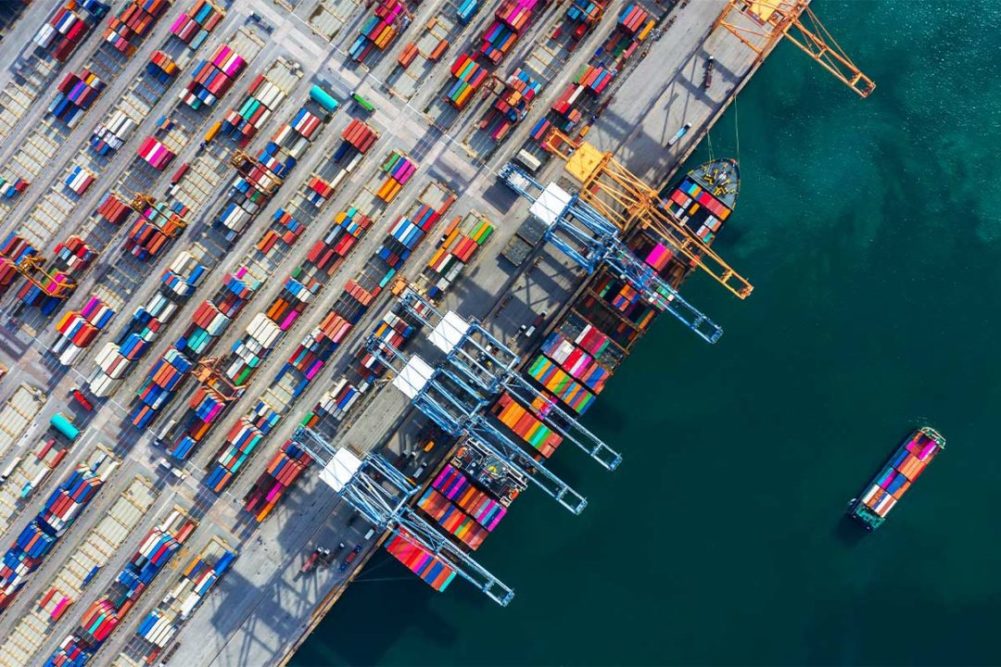WELLINGTON, NEW ZEALAND – A new free trade agreement (FTA) between New Zealand and the United Kingdom represents a big boost to the meat industry in New Zealand. Lamb and beef exports will eventually be quota and tariff-free for the first time in decades, according to the Meat Industry Association (MIA).
“New Zealand has not had tariff-free access into the UK since Britain joined the European Economic Community (EEC) in 1973 so this deal will deliver a major boost for sheep and beef farmers and exporters,” said Sirma Karapeeva, chief executive of the MIA.
Under the terms of the agreement, exports of New Zealand beef and sheepmeat to the UK will be fully liberalized over time, with no duties from the 16th year after the FTA comes into force following ratification by both countries. During this time, beef and sheepmeat will be subject to duty-free transitional quotas with the quota for New Zealand beef increasing in annual installments from a starting point of 12,000 tonnes until it reaches 60,000 metric tonnes in year 15, after which it will be duty and tariff-free.
The transitional quota for sheepmeat will reach 50,000 metric tonnes per year from year five to 15 in addition to New Zealand’s existing access of over 100,000 tonnes through its World Trade Organization quota.
“This FTA will unlock value in an important market for New Zealand farmers,” said Sam McIvor, CEO of Beef + Lamb New Zealand. “New Zealand’s free range, pasture-raised farming systems are highly regarded by UK consumers and the perfect complement to the United Kingdom’s northern hemisphere production season.”
The UK and New Zealand have agreed on provisions covering sanitary measures, customs procedures and trade facilitation.
Other provisions of the FTA enable faster release of goods within 48 hours of arrival. For perishable goods such as chilled meat, the FTA sets out a six-hour release timeframe. The agreement also includes a significant Animal Welfare Chapter, which recognizes that each country prioritizes animal welfare although New Zealand and the UK’s production practices are substantively different. Those practices provide largely comparable outcomes and welfare protection.
Preparations for the New Zealand-UK trade agreement began in 2017, but negotiations formally launched in June 2020 after the UK exited the European Union. The two countries reached an agreement in principal on Oct. 20, 2021.
The FTA still needs to be ratified by both countries before it can come into force.



